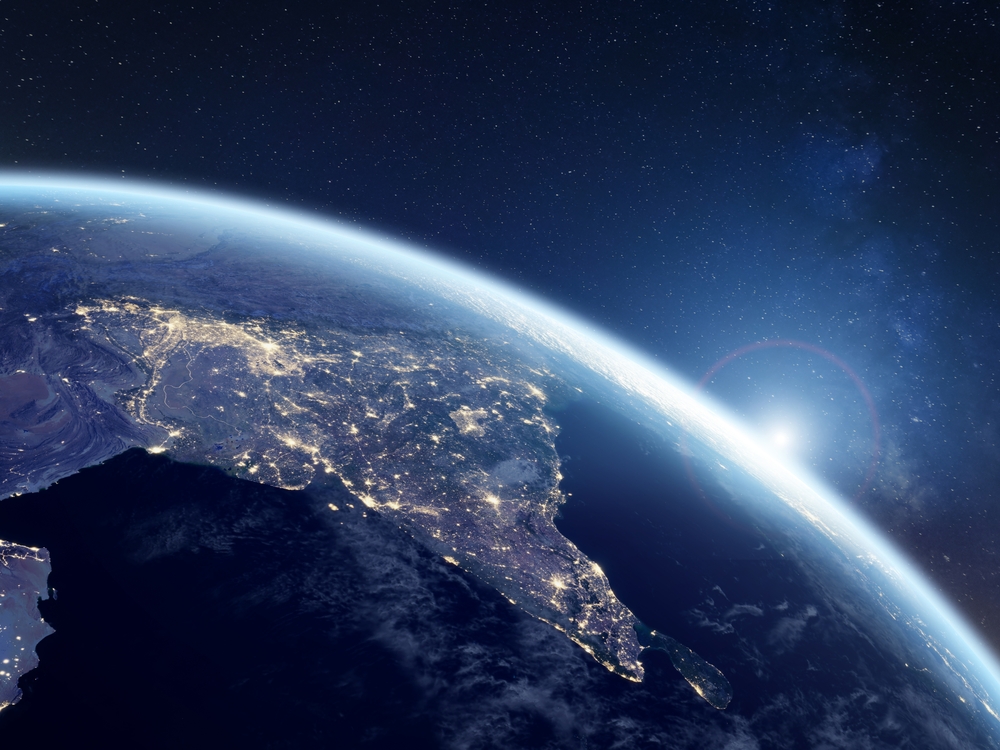India lights the way forward
India as G20 host is poised to bring a fractured world together, issuing a clarion call for genuine reforms that benefit people the world over
The G20 presidency under India’s leadership is an unprecedented opportunity for a fractured world to come together to address key challenges such as climate change, green transitions, open digital public infrastructure, health care, reform of the United Nations and other multilateral institutions, and economic recovery, especially in the debt-distressed Global South. The year-long endeavour has also provided India a platform to promote Indian values, culture, cuisine, products and tourism. This, in itself, is a goal worth pursuing for the welfare of India’s 1.4 billion people.
India’s vision for the G20 under Prime Minister Narendra Modi, however, covers a much wider horizon in keeping with its civilisational ethos of Vasudhaiva Kutumbakam (the world is one family) that has shaped its G20 motto of One Earth, One Family, One Future.
At a time when geopolitical contestation and conflicts have weakened multilateralism due to a gridlock over ideological differences, the war in Ukraine and coercive practices in Asia, the international community yearns for a new direction beyond binary choices offered by competing powers. It also needs a new moral compass that enables communities to focus on pressing challenges such as food, fuel and energy security. Prime Minister Modi’s Lifestyle for Environment initiative is increasingly relevant for sustainable consumption patterns. India traditionally excels in contributing to the global good, as evident during the Covid-19 pandemic when it provided free vaccines to a hundred countries and sent food and humanitarian assistance to Afghanistan, Ukraine and several African countries.
Climate change affects all humanity. It directly affects energy transitions, since renewable energy sources such as solar and wind are subject to the vagaries of nature. Developed countries should not prevaricate in providing finance and technologies for effecting green transitions if net zero targets are to be achieved globally. The G20 must also examine the wider implications on the Global South of potential monopolies and supply chain disruptions regarding lithium, cobalt, copper, nickel and rare earths, which are critical to green technologies. On its part, India is the only G20 member to have achieved its Paris Agreement goals well before the stipulated target of 2030.
India is the world’s most populous country with a youthful demography and the fastest-growing economy among all emerging markets and developing economies. Its successes over the past nine years provide a good example for many. It has the world’s most daily digital transactions, at the lowest cost. India Stack’s extensive use of the open Application Programming Interface to seamlessly link identity, data and payments to facilitate even the smallest transactions is worthy of replication in other geographies.
A shining example
The existing global order, put in place by the victors of World War Two, is archaic. It does not reflect the changes in the global balance of power since that epoch, nor is it now capable of upholding the four pillars of the UN Charter – peace and security, human rights, the rule of law, and development. Privileged exceptionalism arrogated by the permanent members of the UN Security Council to themselves and the misuse of their veto power have led to a stasis in decision-making. The G20 under India’s leadership will seek to issue a clarion call for genuine reforms, to give the countries of the Global South a representative voice in multilateral forums.
The G20 presidency is not a one-off event; it is a relay where each presidency contributes to the next. Many abiding issues will have to be dealt with by the successive G20 presidencies that follow India. It augurs well that four developing countries have the privilege to chair the group in succession, namely Indonesia, India, Brazil and South Africa. At the T20 Summit in Mysuru, the successive presidencies agreed to maintain that continuity in research themes. India’s Think20 presidency is a remarkable success, with the pre-summit publication of 342 policy briefs – soon to cross the 400 mark – and its Global Research Townhall initiative launched in the presence of 131 experts from 125 institutions across 35 countries.
Today, India’s global stature is rising. India has credibility with the developed West as well as the Global South. It can act as a bridge between the two. Japan, which holds the 2023 G7 presidency, has a shared outlook with India on many issues, including the need to give greater voice to African countries. There is already a widespread call to include the African Union as a permanent part of the G20. A good tandem between the Think20, the G20’s ideas bank, and the T7 which performs a similar function for the G7, can further concrete outcomes on important issues.
Even as the UN and affiliated structures appear enervated by major power contestation, the G7 must resist the temptation to play the role of a proxy UN Security Council. Such an approach can permanently weaken the G20 processes, whose primary focus is economic growth and development, not political issues.












